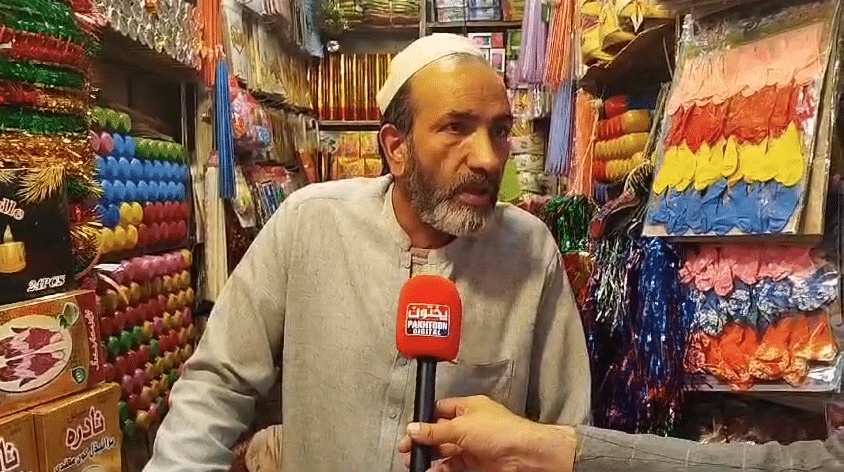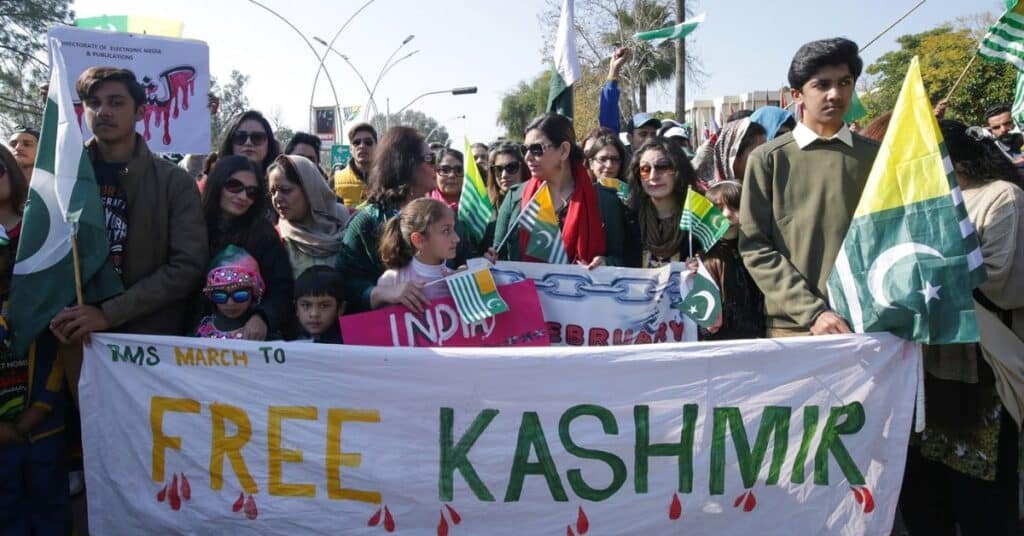BY SHAHID JAN
PESHAWAR: In the bustling streets of Peshawar, a seemingly innocent childhood treat has become the centre of a heated controversy. Lollipops, once synonymous with joy and sweetness, are now being blamed for luring children into dangerous habits. The district administration’s recent crackdown on the sale of “intoxicating” lollipops has sparked a wave of fear, confusion, and debate among parents, shopkeepers, and officials.
The Crackdown: A Swift Response to Fear
The Peshawar district administration recently arrested three shopkeepers and seized their stocks of lollipops, citing concerns over the circulation of harmful products in the market. Reports had surfaced claiming that certain lollipops were laced with addictive substances, posing serious health risks to children. The administration acted swiftly, aiming to curb what they believed was a growing threat to the youth.
However, an investigation by Pakhtun Digital revealed a more nuanced reality. The specific lollipops in question were not laced with addictive substances, as initially feared. Instead, the concern stemmed from the unique way children were consuming them. Kids were grinding the lollipops, mixing them with bubbles, and inhaling the resulting smog through straws. This method, eerily reminiscent of smoking, alarmed parents who feared it could incite children to experiment with drugs like ICE or other forms of smoking.
Shopkeepers Speak Out: Unfair Targeting and Lack of Communication

While the administration’s actions were driven by genuine concern, local shopkeepers in Peepal Mandi while talking to Pakhtun Digital have expressed frustration over the approach. They argue that instead of targeting retailers, the authorities should focus on shutting down the factories manufacturing these products. Many shopkeepers claim they were neither warned nor issued any prior notice about the dangers of selling such lollipops.
“We have always cooperated with the district administration and will continue to do so,” said a local shopkeeper. “But it is unfair to take action against us without any prior notice or official declaration that these lollipops are harmful to health. Businesses are already struggling due to terrorism, and such actions are causing further damage.”
The shopkeepers have urged the district administration to issue warnings or notices before taking punitive measures, ensuring that retailers are informed about prohibited items. They emphasized their willingness to comply with regulations but stressed the need for clear communication to avoid unintentional violations.
Parents’ Dilemma: Fear and Misinformation about Lollipop
For parents in Peshawar, the lollipop controversy has added to their growing list of concerns. Many fear that the unique method of consuming these lollipops could normalize behaviours associated with drug use. “We don’t want our children to think that inhaling smoke, even if it’s from a lollipop, is normal or fun,” said a concerned mother of two. “It’s a slippery slope, and we need to protect our kids.”
However, the lack of clear information has also led to confusion. Some parents are unsure whether the lollipops themselves are harmful or if it’s just the way they’re being consumed. This ambiguity has fueled anxiety and mistrust, with many calling for more transparency from both the authorities and manufacturers.
The Bigger Picture: A Call for Stricter Regulation
The lollipop controversy has highlighted a broader issue: the need for stricter regulation of food manufacturing practices in Pakistan. While the immediate focus is on lollipops, the incident has raised questions about the safety of other food products in the market. Are there more harmful items being sold unchecked? Who is responsible for ensuring the safety of consumers, especially children?
The district administration has yet to comment on the shopkeepers’ demands or provide further clarification on the alleged dangers of the lollipops. Meanwhile, the crackdown has ignited a debate on the need for a more systematic approach to food safety, one that involves collaboration between authorities, manufacturers, and retailers.

A Sweet Treat with a Bitter Aftertaste
What began as a simple crackdown on lollipops has unraveled into a complex web of fear, misinformation, and calls for better regulation. While the administration’s intentions may have been noble, the lack of communication and transparency has left shopkeepers feeling targeted and parents feeling anxious.
As Peshawar grapples with this controversy, one thing is clear: the need for a balanced approach that protects children without unfairly penalizing businesses. Until then, the humble lollipop remains a symbol of both childhood innocence and the challenges of navigating a world where even the sweetest treats can have a bitter side.
Also Read:Peshawar admin imposes ban on sale of unhealthy foods near schools





